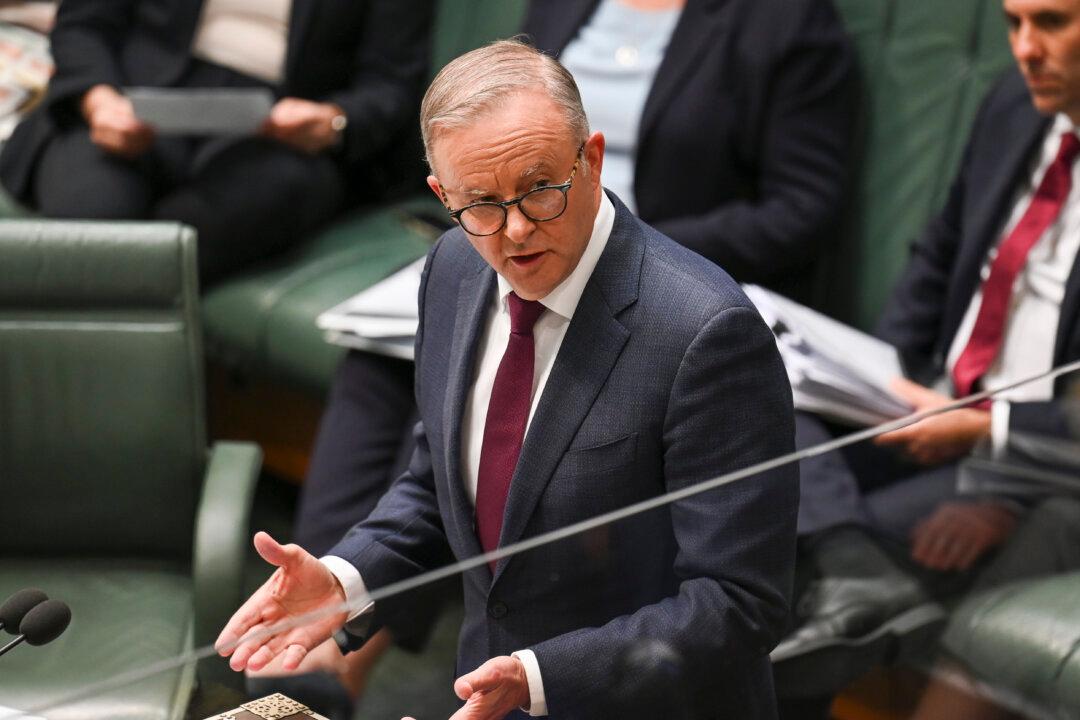Australian Prime Minister Anthony Albanese has assured the public that the latest round of government relief for low-income Australians would not fuel inflation amid warnings from the opposition.
In an interview with ABC Radio on May 10, the prime minister reiterated the government’s views that the $14.6 billion living cost package outlined in the 2023-2024 federal budget had no impact on the country’s inflationary situation.





